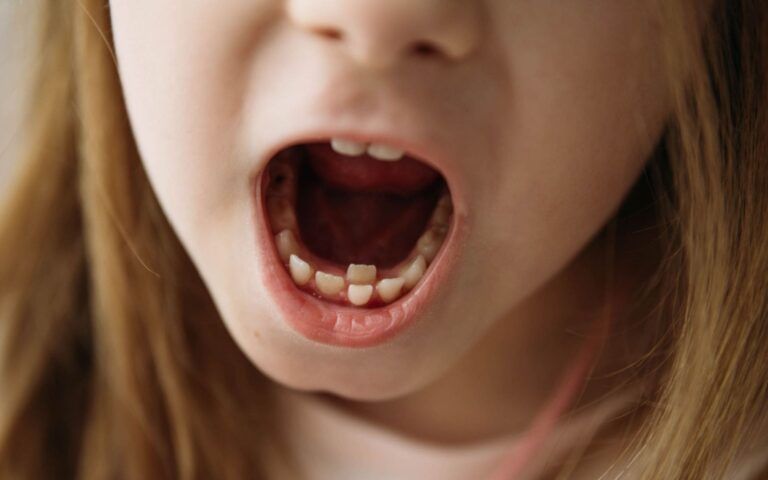What is Ectodermal Dysplasia?

Ectodermal dysplasia is a rare genetic condition that varies widely depending on its subtypes and severity but is a condition that can cause many dental anomalies. When treating rare conditions like these, some of the best resources for oral care come from orthodontic treatment, as orthodontics addresses these concerns by correcting signs of malocclusion or misalignment. At Massih Orthodontics, we are skilled in treating various dental conditions, and below, we’ll describe what this condition is, its causes and symptoms, and how orthodontics can be used to treat it.
What is Ectodermal Dysplasia?
Ectodermal dysplasia is a genetic disorder that affects the development of the ectodermal structures of the body, such as the teeth, hair, nails, and sweat glands. It’s a group of conditions rather than a single disorder with various subtypes defined by their symptoms and characteristics. Some of these subtypes include:
- Dental Anomalies: One of the most notable features is dental problems, which include missing teeth (hypodontia), malformed teeth, or teeth that are small and pointed.
- Hair Anomalies: Affected individuals may have sparse, fine, or thin hair, or they may experience partial complete hair loss (alopecia).
- Nail Anomalies: Nails may be thin, brittle, or mishappen, and they may grow slowly or not at all.
- Sweat Gland Dysfunction: This condition can also lead to reduced or absent sweating, causing problems with regulating body temperature and can cause overheating.
- Skin Changes: Some subtypes can cause skin problems, such as hyperpigmentation, dry skin, or an increased risk of skin infections.
It is primarily caused by genetic mutations that occur in the early stages of fetal development and can be inherited from one or both parents or occur spontaneously. These specific factors affect those who are born with it, and it can be determined through genetic testing to determine the specific subtype and other underlying genetic mutations.
Because every patient is unique, it’s important to receive extensive evaluations to assess their condition for treatment. When considering orthodontic care for your condition, some of the treatment options include:
- Dental Implants: For those with good jaw growth and development, implants can be an excellent solution for those with missing teeth due to their condition. These implants provide a stable foundation for attaching artificial teeth and improve oral function.
- Orthodontic Braces: Orthodontic breaks can help address problems such as malocclusion by gently applying pressure to the teeth and correcting their positioning over time.
- Prosthetic Rehabilitation: When there are malformed or underdeveloped teeth present, crowns and bridges can help restore the shape, size, and functionality of these teeth.
- Removable Partial Dentures: For younger patients still experiencing jaw growth, they can provide temporary solutions that replace their missing teeth and help improve their oral function.
Come See Us For Help With Ectodermal Dysplasia
Addressing the anomalies associated with ectodermal dysplasia can improve their oral health and help enhance patient’s self-esteem. While this condition can present problematic obstacles, our team at Massih Orthodontics is here to support your journey. Under the care of Dr. Massih, our team can help you experience better oral health. Contact us today by calling (818) 507-1515 or visiting our office in Glendale, CA.

Recent Comments